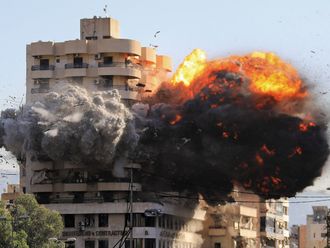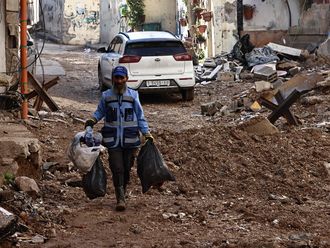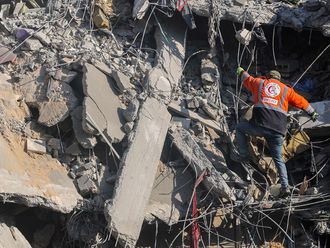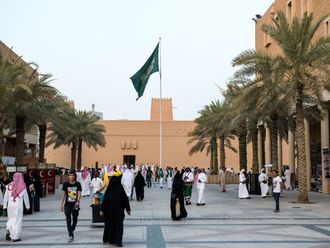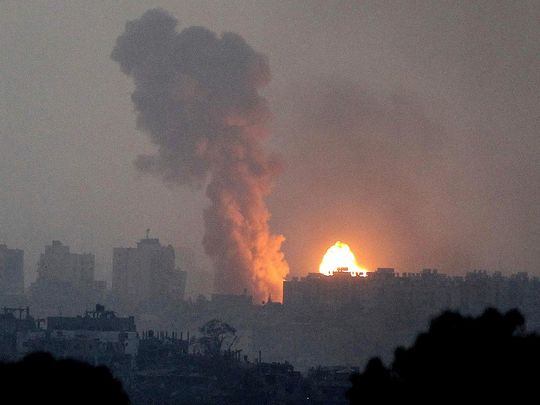
Jerusalem: Israeli Prime Minister Benjamin Netanyahu said on Saturday that Israeli forces had entered the second phase in the war in Gaza as they pressed ground operations against Hamas militants running the Palestinian enclave.
Gaza's besieged people had barely any communications with the outside world as Israeli jets dropped more bombs and military chiefs said a long-threatened ground offensive against Hamas militants was gearing up.
Speaking at a press conference in Tel Aviv, Netanyahu warned that the war would be long and difficult and reiterated Israel's appeal to Palestinian civilians to evacuate the northern Gaza Strip where Israel was focusing its attack.
He vowed that every effort would be made to rescue the more than 200 hostages held by Hamas.
He said the idea of a swap deal of hostages for Palestinian prisoners had been discussed within the Israeli war cabinet but declined to elaborate, saying revealing any details would be counterproductive.
"This is the second stage of the war whose goals are clear - to destroy Hamas' governing and military capabilities and to bring the hostages home," Netanyahu told reporters.
Mounting international concern
Western countries have generally backed what they say is Israel's right to self defence but there has been mounting international concern over the toll from the bombing and growing calls for a pause to allow aid to reach Gaza civilians.
Health authorities in the Hamas-ruled Gaza Strip of 2.3 million people say 7,650 Palestinians have been killed in Israel's campaign to obliterate the militants.
read more on Israel-Hamas war
With many buildings reduced to rubble and shelter hard to find, Gazans are short of food, water, fuel and medicines. Their plight got worse from Friday night when phone and internet services were cut - followed by heavy bombing through the night.
"God help anyone under the rubble," said one Gaza journalist, who spent a terrifying night in a stairway building watching "belts of fire" as bombs fell and Israeli forces appeared to exchange fire with Palestinian fighters.
Without mobile phones, no one could call ambulances and emergency services anyway were short of fuel, he said, adding that desperate people were turning to the police, when they could be found, to use their walkie-talkies to seek help.
Though there was no indication of an invasion en masse, Israel said troops sent into Gaza on Friday night were still in the field, focusing on infrastructure including the extensive tunnel network built by Hamas.


